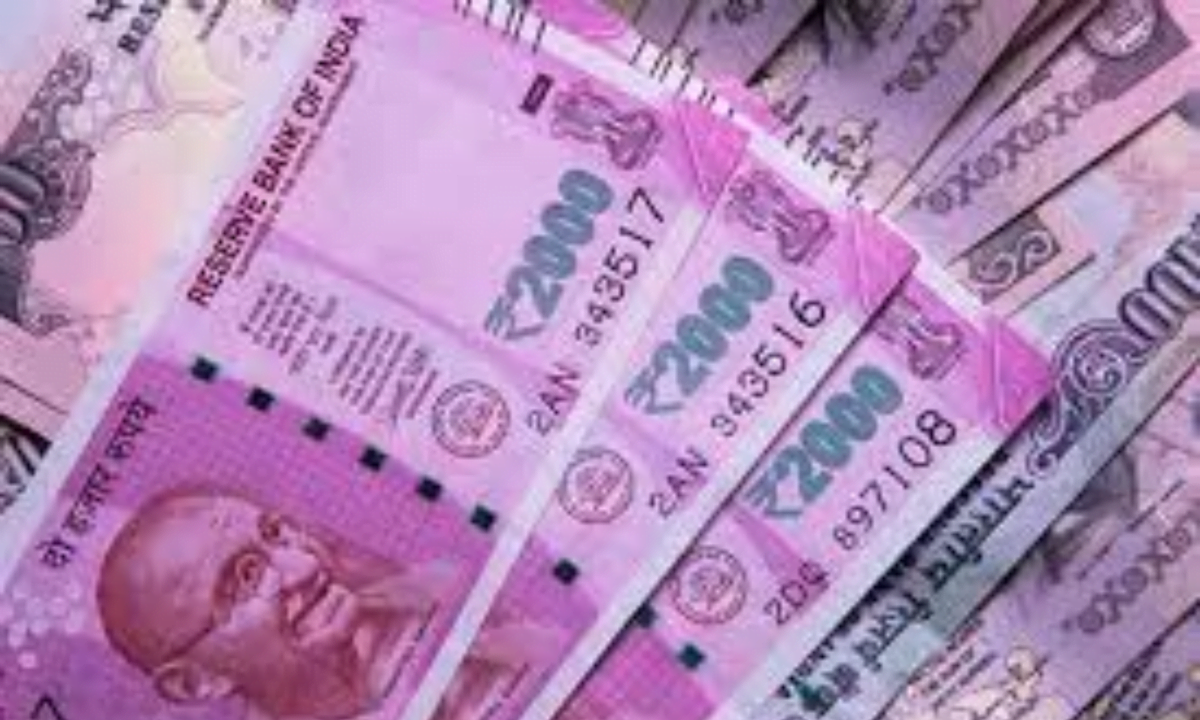India has experienced a significant surge in the demand for gold following the recent announcement by the Reserve Bank of India (RBI) that it will be withdrawing the 2,000-rupee currency notes from circulation. Last week, the RBI declared that these high-value notes must be deposited in bank accounts or exchanged for other denominations by September 30th. Starting from May 23rd, a deposit limit of Rs 20,000 per day has been imposed.
According to L&T Finance Holdings' Group Chief Economist Rupa Rege Nitsure, those who have been using these notes as a store of value may experience inconvenience. There is a high possibility that hoarded cash will now flow back into the banking system. However, economists anticipate that cash-driven sectors like agriculture, construction, and small businesses may encounter short-term challenges.
The Upsurge in Demand for Gold and Real Estate
Policymakers have addressed concerns similar to those that arose after the unexpected demonetization of Rs 500 and Rs 1,000 currency notes in November 2016. Nevertheless, gold jewelry sales have risen by 10-20% over the weekend, as reported by the Hindustan Times. Economists at Quantico Research predict that individuals with unaccounted wealth will contribute to the demand for high-value purchases, including real estate and precious metals such as gold and silver.
Ahmedabad-based jeweler Hemant Choksi noted that many of his customers bought 10- and 20-gram coins for small sums of money, while others chose to buy 100-gram coins and bars. Cash payments accounted for approximately 80% of these transactions. It's important to know that in India, know-your-customer documentation is not necessary for purchases of gold, silver, jewelry, or precious gems and stones under $2,415 USD. Furthermore, the use of Rs 2,000 notes has reportedly increased at petrol pumps and electronic goods stores.
Reasons Behind the RBI's Decision to Withdraw Rs 2,000 Notes
During the 2016 demonetization, 86% of the currency in circulation was eliminated overnight. The Rs 2,000 notes were introduced at that time. However, their withdrawal now is expected to be less disruptive since their circulation has significantly diminished over the years. The RBI ceased printing these notes in 2018-19, and by the end of the financial year 2023, they accounted for only 10.8% of the economy's currency note circulation, equivalent to $44.27 billion, as reported by the RBI.
While the authorities have not explicitly stated the reasons behind this move, Rupa Rege Nitsure believes it was a "wise decision" made ahead of state and general elections. It is well-known that cash usage tends to increase during election periods. India's upcoming general election is scheduled for May 2024, preceded by several state legislative assembly polls in the preceding months.
Conclusion: The withdrawal of the 2,000-rupee notes by the Reserve Bank of India (RBI) has sparked a surge in gold demand in the country. While individuals using these notes as a store of value may face inconvenience, the move is expected to bring hoarded cash back into the banking system. Sectors heavily reliant on cash, such as agriculture and construction, as well as small businesses, may encounter short-term challenges. Despite efforts by policymakers to alleviate concerns, gold jewelry sales have risen, with individuals with unaccounted wealth driving the demand for high-value purchases like real estate and precious metals. The withdrawal of the 2,000-rupee notes is less likely to disrupt the economy compared to the 2016 demonetization, as their circulation has significantly reduced over time. The RBI's decision, although not explicitly stated, is seen as a strategic move ahead of upcoming state and general elections. With India's next general election scheduled for May 2024, followed by state legislative assembly polls, the impact of this decision will continue to unfold in the months ahead.

Post a Comment